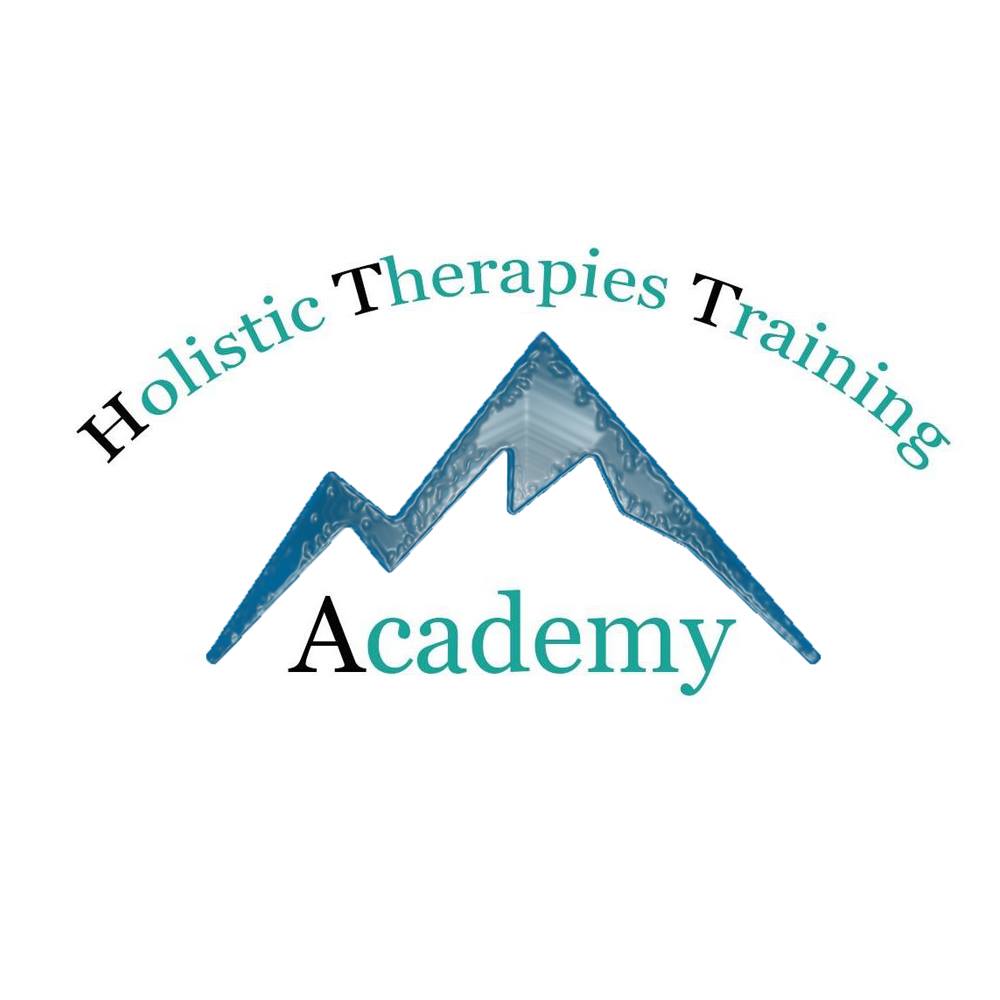Frequently asked questions
NVQ vs VRQ
What is the difference between NVQ and VRQ qualifications – and does it matter?
Summary:
Why is an accredited course described as 'Level 3' if it’s not Ofqual regulated?
This is a common question, especially for those looking to train in therapies like massage, reflexology, or aromatherapy. You may have seen employers asking for an “NVQ Level 3” qualification, but in many therapy fields – especially complementary, some massage and sports therapies – these are often delivered as VRQ qualifications instead. So, what’s the difference?
NVQ (National Vocational Qualification):
Work-based, competency-focused qualifications.
Designed around demonstrating practical skills in a real working environment.
Often completed while working or as part of an apprenticeship.
Common in areas like hairdressing, beauty therapy, and construction trades. There are fewer subjects available as an NVQ than a VRQ qualification.
VRQ (Vocationally Related Qualification):
Knowledge and skills-based qualifications.
Delivered in a classroom or blended learning environment, rather than being solely workplace-based.
Ideal for those who want to train and qualify before entering employment.
Common in complementary therapies (e.g. aromatherapy, reflexology, massage), fitness, and sports massage sectors.
Why do some massage, complementary therapies and sports massage tend to be VRQs?
Many Level 3 and Level 4 courses in complementary therapies (such as aromatherapy, reflexology, massage) and sports massage therapy are offered as VRQs because they focus heavily on both theoretical knowledge and practical skills that are assessed in a controlled training environment. These courses are regulated by Ofqual and sit on the RQF (Regulated Qualifications Framework), just like NVQs – meaning they are nationally recognised, insurable, and respected by employers.
Are VRQs accepted by employers and insurers?
Yes, absolutely, (in fact, VRQ's have been around a lot longer than NVQ's, and some NVQ qualifications are now being phased out) – as long as the course is delivered by a recognised awarding body (such as VTCT, ITEC, or City & Guilds) and is regulated by Ofqual, it holds the same weight as an NVQ. In many therapy sectors, VRQs are the standard route to becoming qualified and employed or self-employed.
Summary:
Both NVQ and VRQ qualifications are recognised Level 3 or 4 qualifications.
The key is ensuring your course is Ofqual regulated and offered through a reputable training provider and awarding body.
In the world of complementary therapies and sports massage, VRQs are the most common (and accepted) route to becoming fully qualified.
Why is an accredited course described as 'Level 3' if it’s not Ofqual regulated?
When a course is described as a Level 3 accredited course, the level is set by the training provider or accrediting body (such as FHT, ABT, CPD, IPHM, or similar) to indicate the complexity and depth of the content, and to help learners understand how it compares to regulated qualifications. While it’s not officially set by Ofqual and doesn’t sit on the Regulated Qualifications Framework (RQF), the Level 3 label is used as a guideline to show that the course content is designed for learners working at an advanced or professional level. These courses are often suitable for continuing professional development (CPD), gaining insurance, or topping up skills—but they aren’t always accepted in settings that require a formal, regulated qualification, such as some salons or further education pathways.
What’s the difference between an accredited course and a VTCT regulated qualification?
An accredited course is a shorter, flexible training option certified by an industry-recognised body. It’s ideal for adding new skills, CPD, or starting out, and is usually insurable for self-employment. A VTCT regulated qualification, on the other hand, is a formal, nationally recognised qualification that meets Ofqual standards. These qualifications are often required by employers (especially spas, salons, and clinics), and are essential if you want to progress to higher-level training or teach in the future.
Can I get insurance with an accredited course?
Yes! Our accredited courses are insurable through a range of professional insurance companies (we can recommend some trusted providers). This means you can safely offer treatments to clients after successful completion. However, some settings—like salons or franchises—may require a regulated qualification, so it’s always worth checking if you have a specific career goal in mind.
We ask ALL our students to check with their insurance, or source an insurance company BEFORE enrolling on any of our courses, or that of another training provider.
We ask ALL our students to check with their insurance, or source an insurance company BEFORE enrolling on any of our courses, or that of another training provider.
If I start with an accredited course, can I upgrade to a regulated qualification later?
Absolutely. Many students begin with an accredited course to test the waters and gain confidence, then later move on to a regulated VTCT qualification. If you choose this route with us, we’ll provide you with an upscale fee, bespoke to your training needs.

